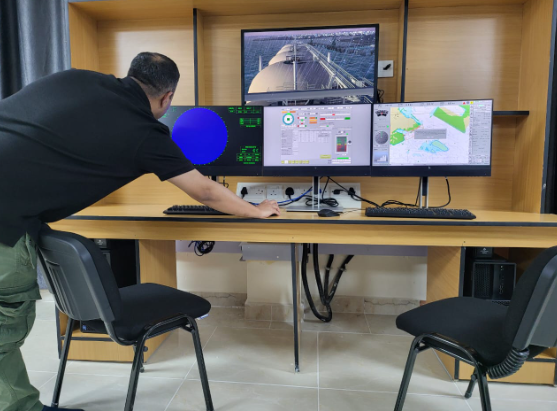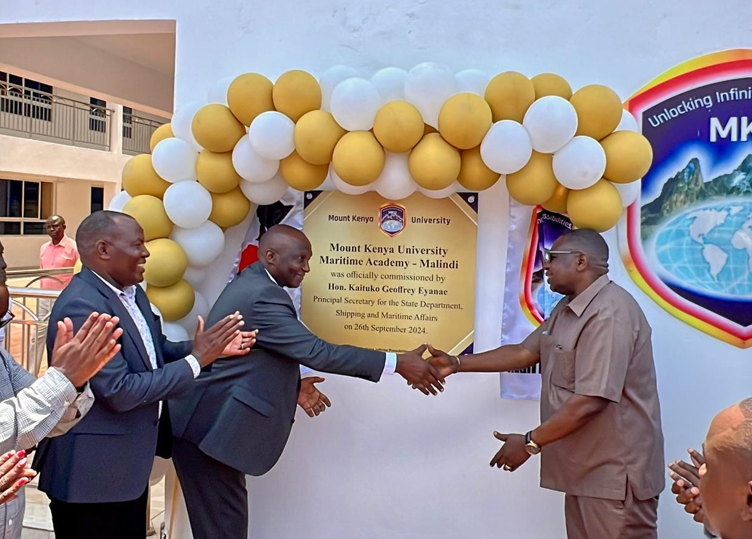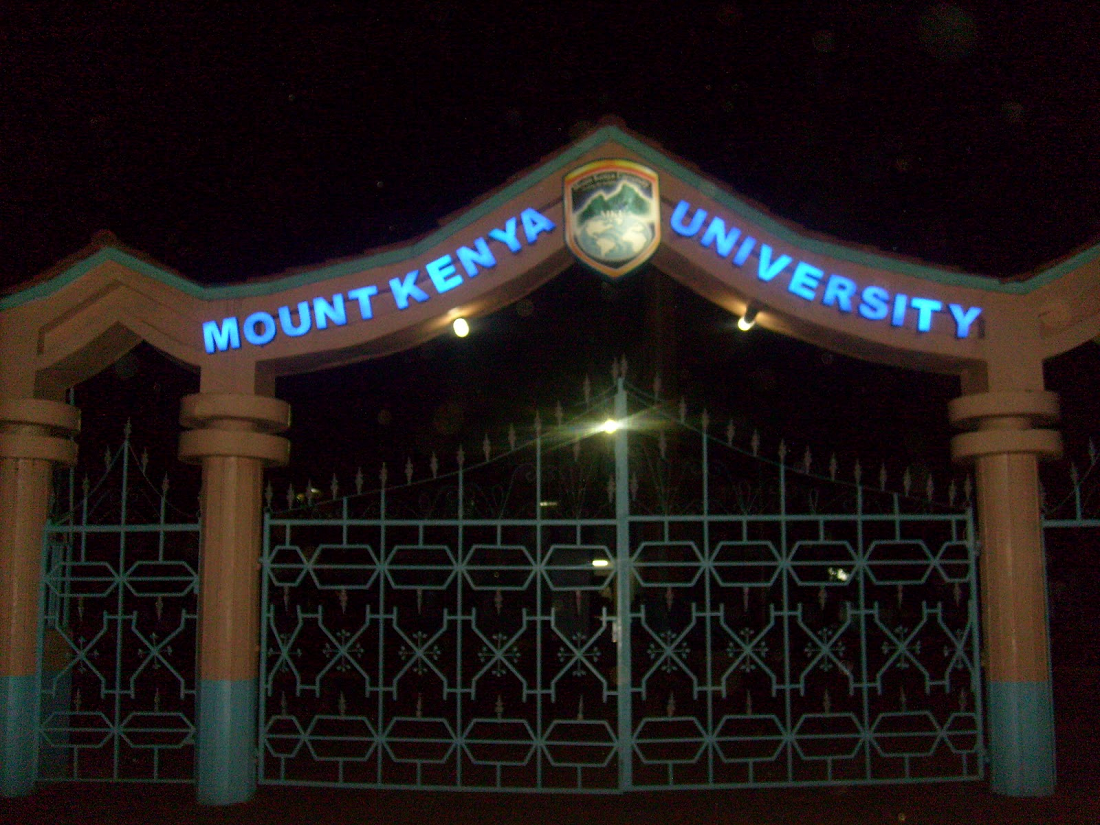Mount Kenya University (MKU) has ventured into maritime training, establishing a maritime academy in Malindi.
The academy stands out as the first non-government-sponsored maritime institution in Kenya, dedicated to equipping students with the skills needed to thrive in the maritime industry.
With the set of this academy, MKU aims to revive the coastal region’s economy while providing youth with the necessary skills to tap into the lucrative opportunities within the Blue Economy.
MKU Maritime Academy is the first privately funded maritime training institution in Kenya. Unlike existing government-sponsored academies, this one opens new doors for students seeking alternatives outside public institutions.
“It fills a crucial gap by providing access to maritime training, which has historically been limited to a few government-backed institutions. This shift allows for increased enrollment, innovation, and an expanded curriculum catered to global maritime demands,” MKU stated
“Located in Malindi, a coastal town with deep historical and economic ties to the Indian Ocean, MKU’s decision to establish the academy here taps into the natural advantages of the location. Malindi is well-positioned for maritime training due to its proximity to key shipping lanes, marine resources, and a thriving tourism industry.”
According to MKU, the location serves to revive the community by providing local youth with training opportunities that align with the region’s rich maritime heritage, thus combating unemployment and offering new career paths.

The academy will offer courses focusing on marine navigation, shipbuilding, fishing technology and marine conservation.
“MKU Maritime Academy stands out for offering a dynamic, industry-relevant curriculum. The courses are tailored to meet global maritime standards, focusing on areas such as maritime safety, marine engineering, port management, and oceanography,” MKU states.
“MKU will ensure that the academy stays updated with the latest technologies and best practices in the maritime industry.”
MKU says the academy will emphasize the use of advanced technological tools in maritime training, including simulators for navigation and ship handling, as well as modern facilities for marine engineering and port logistics.
“By integrating technology into its teaching practices, the academy ensures that graduates are well-prepared for the evolving demands of the maritime industry,” MKU adds.
The academy is structured to provide diplomas, degrees, and short courses, catering to different educational levels and professional needs.
The maritime academy is expected to generate employment opportunities for both staff and graduates. Locally, it will engage teachers, administrative personnel, and other support staff. For graduates, the academy provides the skills needed to secure jobs in the maritime sector, such as shipping companies, ports, and logistics firms.
“Malindi, a town historically known for its fishing and tourism industries, will see a revival in economic activity due to the presence of the academy. As students, faculty, and maritime businesses come into the area, it will stimulate growth in local businesses,” MKU states.
“The academy’s presence will also position Malindi as a maritime education hub, attracting students from across East Africa and potentially other regions, fostering cultural exchange and boosting local tourism.”
The academy’s programs include courses on marine conservation and sustainable fishing practices. This ensures that while the students are trained to maximize economic benefits from the ocean, they are also taught how to protect the marine environment.
Read: MKU Parnets With Germany, Austria Institutions To Launch New International Program
>>> MKU Rwanda Rebrands To Mount Kigali University After Receiving Charter













Leave a comment